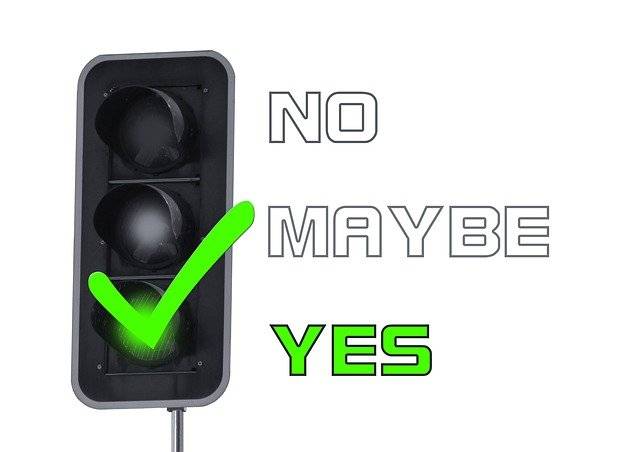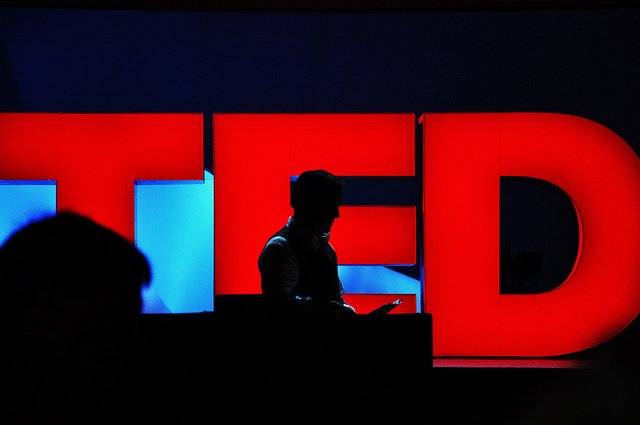May 2nd, 2016 marked the 50th anniversary of the invention of the Personal Identification Number (PIN) technology for cash machines. James Goodfellow was the man who came up with an idea of designing a system that accepted a machine readable encrypted card to which he added a numerical keypad into which a Personal Identification Number (PIN) had to be entered manually. He was an engineer working in Glasgow in the 1960’s who changed the face of banking industry with his…









